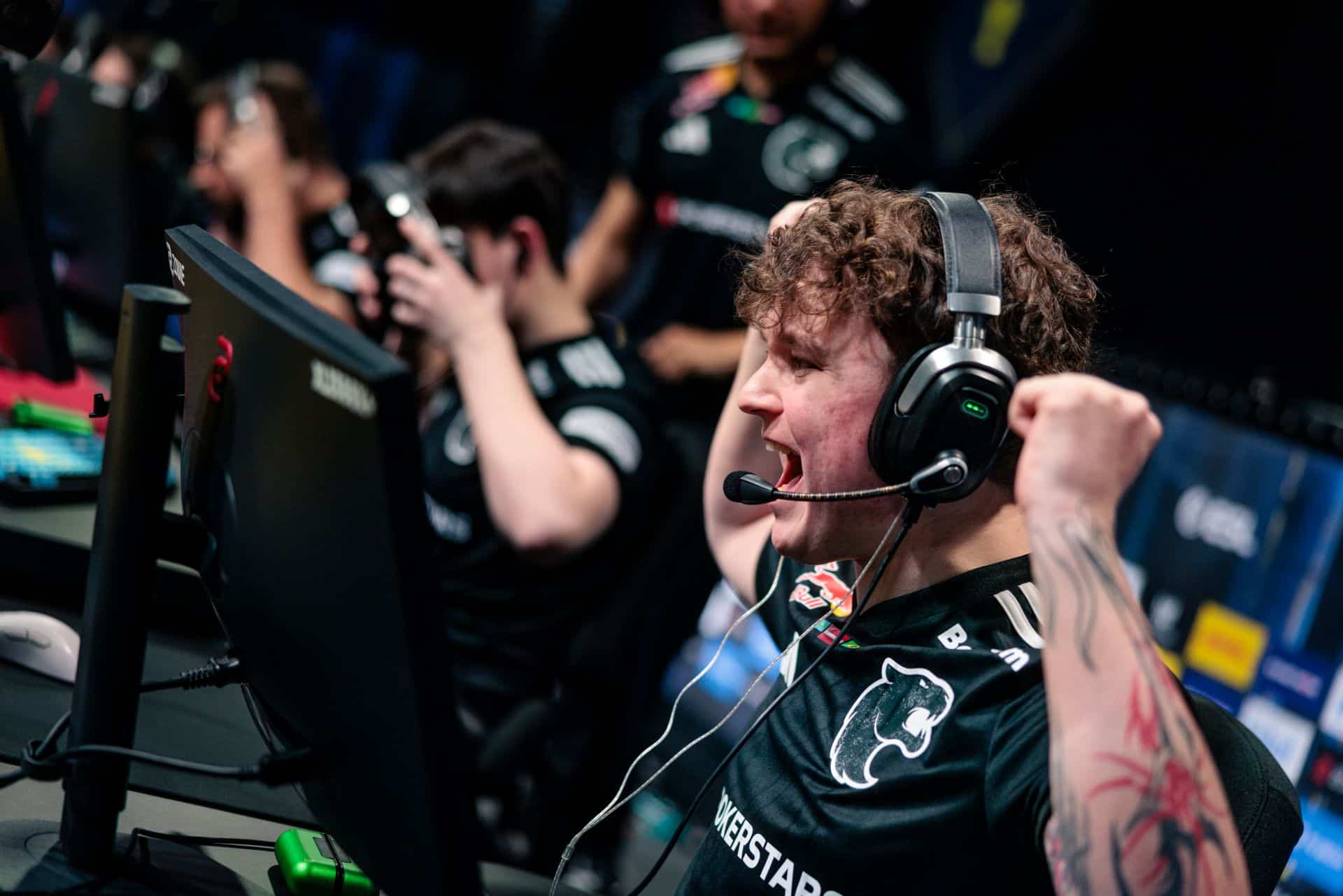Number of UK games start-ups on the rise amidst layoffs
Dom Sacco, Senior Editor
Last Updated: 21/06/2025
The number of new gaming companies incorporated in the UK jumped by nearly a quarter (22%) last year, according to analysis by audit, tax and consulting firm RSM UK.
The company said that mass layoffs in video games and esports and the wider tech industry has prompted many to set up their own businesses.
The data shows 2,450 games companies, including publishers and developers, were incorporated in the UK last year, up from 2,008 the year before.
Many UK regions saw an increase on the previous year, with London games incorporations rising by almost a third (30%) on the previous year’s figure to 1,374. Regions that saw a decline include the South East, North West, and Scotland. There’s the full breakdown by region below.
Richard Heap, partner at RSM UK, said: ‘It’s encouraging to see further growth in the gaming industry despite widespread challenges, suggesting there’s reason to be optimistic. But there’s no denying that layoffs in the sector were rife throughout last year, and 2024 got off to an equally difficult start.
“Redundancies continue, as companies grapple with a dearth of investment appetite, soaring costs, and consumer demand reverting to normal levels following an explosion of interest during lockdown.
“While layoffs are often seen as damaging to the gaming industry, they can fuel growth, as these individuals may have taken the leap of starting their own company.”
Richard Heap, RSM UK
“With more staff reductions made at the beginning of this year, UK gaming incorporations could be set for another uptick.”
Richard also spoke about AI, saying: “The hype around artificial intelligence is particularly prevalent in the gaming industry. The process behind bringing a video game to life is often long, labour intensive, and expensive. AI can speed up this process, making it an extremely powerful tool, but it also requires people with the right skills to use the technology effectively.
“The government has an important role to play in supporting industry growth, by creating a level playing field for businesses of all sizes. This involves ensuring that funding, resources, and world-class talent is accessible for early-stage entrepreneurs.
“UK chancellor Jeremy Hunt’s announcement of additional funding for the tech sector in his latest Spring Budget, including a £7.4m AI upskilling fund for SMEs, is a welcome step in the right direction but there’s more work to be done.”
The news comes after UK games trade body Ukie published a report on the state of esports in the UK in 2023.
Games company incorporations by year and UK region
| Region | 2022 | 2023 | % change |
| East Midlands | 55 | 67 | 22% |
| East of England | 103 | 189 | 83% |
| London | 1,058 | 1,374 | 30% |
| North East | 29 | 37 | 28% |
| North West | 135 | 120 | -11% |
| Northern Ireland | 21 | 24 | 14% |
| Scotland | 70 | 60 | -14% |
| South East | 221 | 205 | -7% |
| South West | 97 | 128 | 32% |
| Wales | 55 | 60 | 9% |
| West Midlands | 102 | 108 | 6% |
| Yorkshire and The Humber | 62 | 78 | 26% |
| Total | 2,008 | 2,450 | 22% |
Explore Our Trusted Gaming Resources
Discover essential guides to UK casino sites, betting platforms, and crypto casinos — updated for this year.
- Best Online Casinos UK
- Best Betting Sites UK for 2026
- Best Online Casino Fast Payout 2026
- Best Non Gamstop Casinos 2026
- No Verification Casino Sites in the UK
Dom Sacco, Senior Editor
Dom is an award-winning writer and finalist of the Esports Journalist of the Year 2023 award. He has almost two decades of experience in journalism, and left Esports News UK in June 2025. As a long-time gamer having first picked up the NES controller in the late '80s, he has written for a range of publications including GamesTM, Nintendo Official Magazine, industry publication MCV and others. He also previously worked as head of content for the British Esports Federation.
Stay Updated with the Latest News
Get the most important stories delivered straight to your Google News feed — timely and reliable





From breaking news and in-depth match analysis to exclusive interviews and behind-the-scenes content, we bring you the stories that shape the esports scene.
Monthly Visitors
User Satisfaction
Years experience











